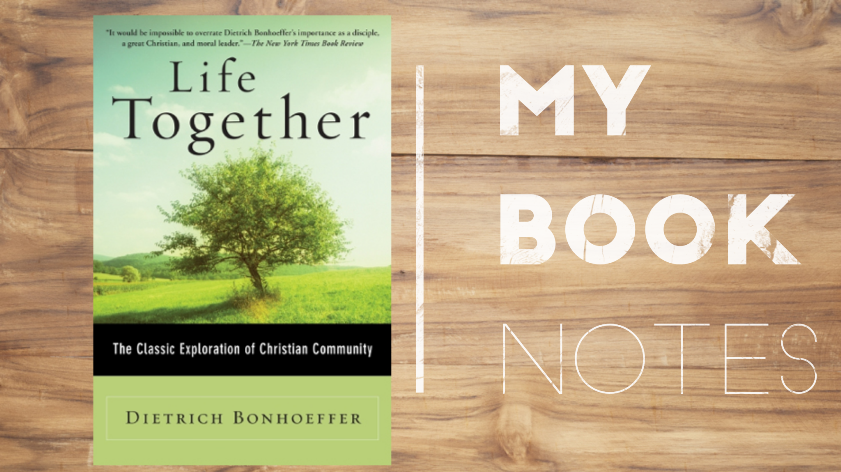TRAGEDY - Why Mark's Gospel Gives Me Hope for the Future
The speaker was
discussing Nietzsche’s love of Greek Tragedy. A form of play
from over 2000 years ago that, in Nietzsche’s eyes, pulled back the veil of reality to give the viewer
a glimpse of the chaos that lay behind. Greek Tragedy revealed the
ultimate reality that life is meaningless, and that we are but froth tossed
about on a cosmic ocean.
Nietzche argued that art
(in this case in the form of a play) created a safe way for people to explore
this complete lack of meaning and total chaos in reality.
Nietzsche hated the movement towards Platonism that
took place just over 2000 years ago that believed that some kind of order lay
behind life.
Often times so much of
life seems like random chaos. So much of life seems meaningless, and we are
left to stare into the abyss, stare into the chasm that is left by so many
tragic events.
We are left with the
questions “is this all there is? Is this what we are left with? Is life just
meaningless chaos?”
Enter Mark's Gospel
Not many people know
that Mark's Gospel is written as a Greek Tragedy.
A Greek tragedy has 5
elements - all of which mark has.
- The Opening (Mark 1:1-13) Jesus is introduced to the listener / reader.
- The Complication (Mark 1:13-8:26) Neither the religious leaders, the crowd or the disciples (the three major groups in Marks’ gospel) understand who Jesus is.
- The Climax (Mark 8:27-30) Peter’s confession, marking the beginning of people understanding who Jesus is.
- The Unraveling (Mark 8:31-14:42) Jesus begins to speak about his suffering and death.
- The Catastrophe (Mark 14:43-15:47) Jesus is killed.*
If Mark’s Gospel is
written as a Greek Tragedy are we saying that Mark's Gospel is one that speaks
of a world of chaos? Well yes... and no.
Mark's Gospel is written
as a Greek tragedy, but it doesn’t finish
there, it finishes as a Greek comedy (note that comedy in ancient Greece is not
the same as we use today).
Whereas in a Greek
tragedy the protagonist stays dead, in this story the protagonist rises from
the dead. Death is conquered.
So much of life
looks like tragedy, looks like chaos.
So much of life is hard.
And Jesus doesn't skip over that.
Jesus doesn't ignore that but instead,
goes through it.
The point is that in the
end, that through it all, we have hope.
Hope that things will
get better, that things will improve, that death is defeated.
May you know hope,
may you spread hope, and may you know that the fundamental nature of
reality is one of hope.
*An introduction to
the new testament and the origins of Christianity, D Burkett p166 -172
Photo by Andrew Collins on Unsplash
Photo by Andrew Collins on Unsplash





Comments
Post a Comment